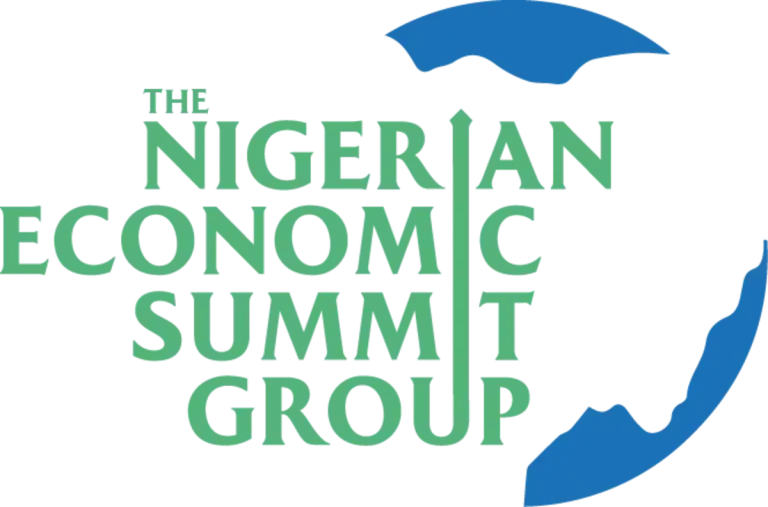The Nigerian Economic Summit Group (NESG), in partnership with the Federal Ministry of Art, Culture, Tourism, and the Creative Economy (FMACETC) and UNESCO, has convened a high-level National Focus Group Forum to unlock the economic potential of Nigeria’s culture and creative industries.
Held in Abuja, the forum brought together policymakers, industry leaders, and cultural advocates to discuss policy reforms, digital transformation, and sustainable investment strategies to position Nigeria’s culture sector as a key driver of economic growth and global competitiveness.
In his opening remarks, NESG Board member Mr. Udeme Ufot emphasiSed the critical role of the culture sector in economic development, social cohesion, and heritage preservation. He outlined the forum’s objectives, including governance reforms, youth empowerment, and leveraging technology for sectoral transformation.
A strategic roadmap presented by industry experts revealed that global creative exports surged from $490 billion in 2010 to $1.4 trillion in 2022. With the right policies, Nigeria’s creative sector could contribute $100 billion to GDP by 2030 and create two million jobs by 2027.
Dr. Shaibu Husseini from the National Film and Video Censors Board highlighted bureaucratic challenges in public sector reforms but stressed the need for balanced regulation to support creativity.
Gbile Holloway from National Commission for Museums and Monuments called for stronger inter-agency collaboration, noting inefficiencies in government processes while acknowledging the dedication of public sector professionals.
Obi Asika from the National Council for Arts and Culture also advocated for legal reforms, infrastructure modernization, and converting NCAC offices into creative hubs to foster entrepreneurship.
In the same vein, Yinka Iyinolakan C-Dial emphasized bridging the digital divide by integrating indigenous languages into technology, citing ongoing voice recognition projects for Hausa, Yoruba, and Pidgin.
Representing FMACETC, Mrs. Ugochi Akudo Nwosu outlined government efforts, including policy reviews, improved funding access, and international partnerships. Meanwhile, Victor Okhai from Directors’ Guild of Nigeria highlighted persistent challenges like piracy, informal business structures, and limited financing in Nollywood.
Aisha Augie from Centre for Black and African Civilisation stressed the need to digitize African heritage and merge tradition with AI and virtual reality, while Peter Addison (SMEDAN) promoted tourism development through the Visit Nigeria initiative.
Dr. Ikenna Nwosu, facilitator of the NESG THECS Policy Commission, described the forum as a turning point for Nigeria’s creative economy. Insights from the discussions will shape a comprehensive report to guide Nigeria’s cultural policy, setting a global benchmark for sectoral growth.
ALSO READ TOP STORIES FROM NIGERIAN TRIBUNE
